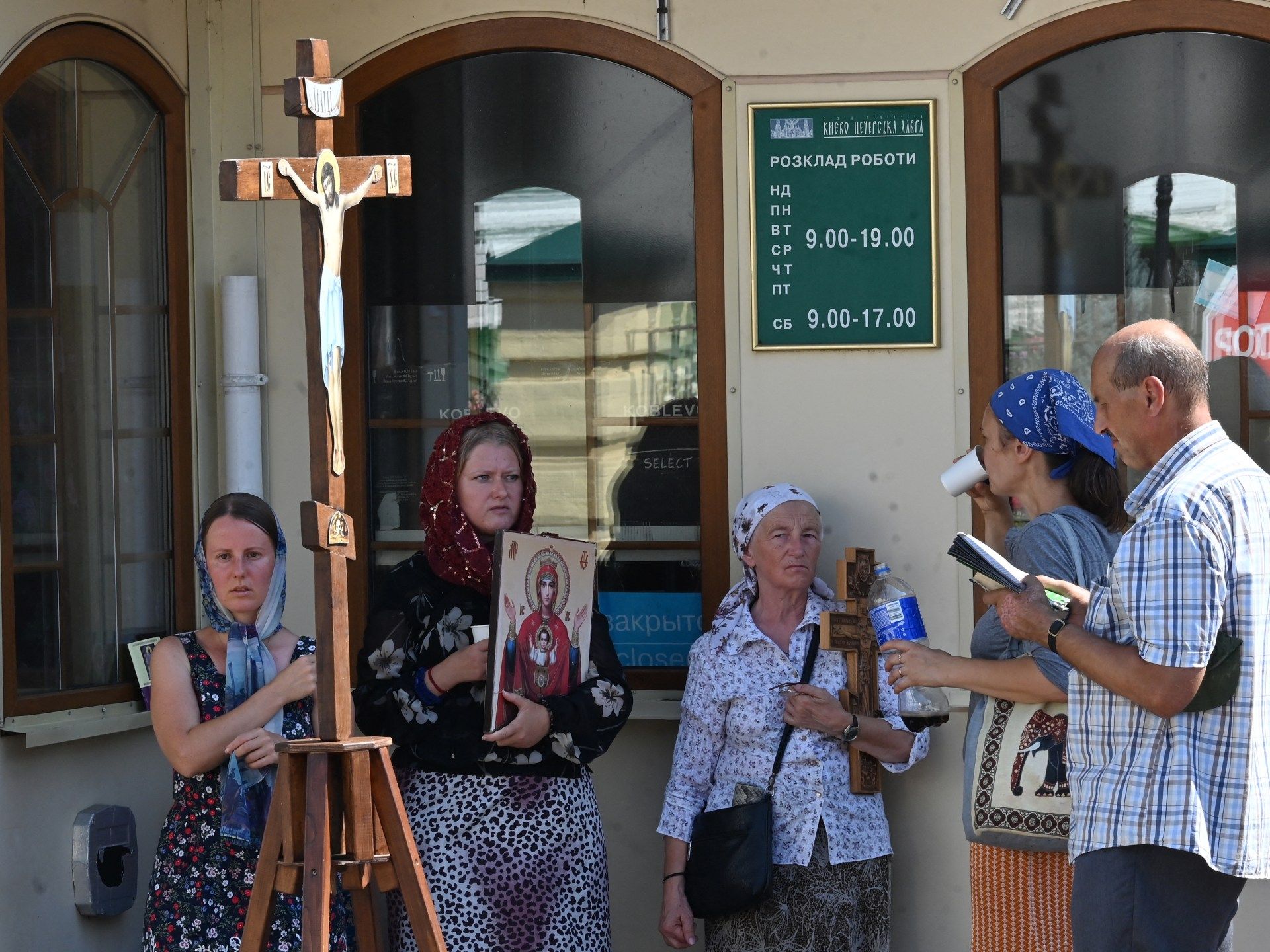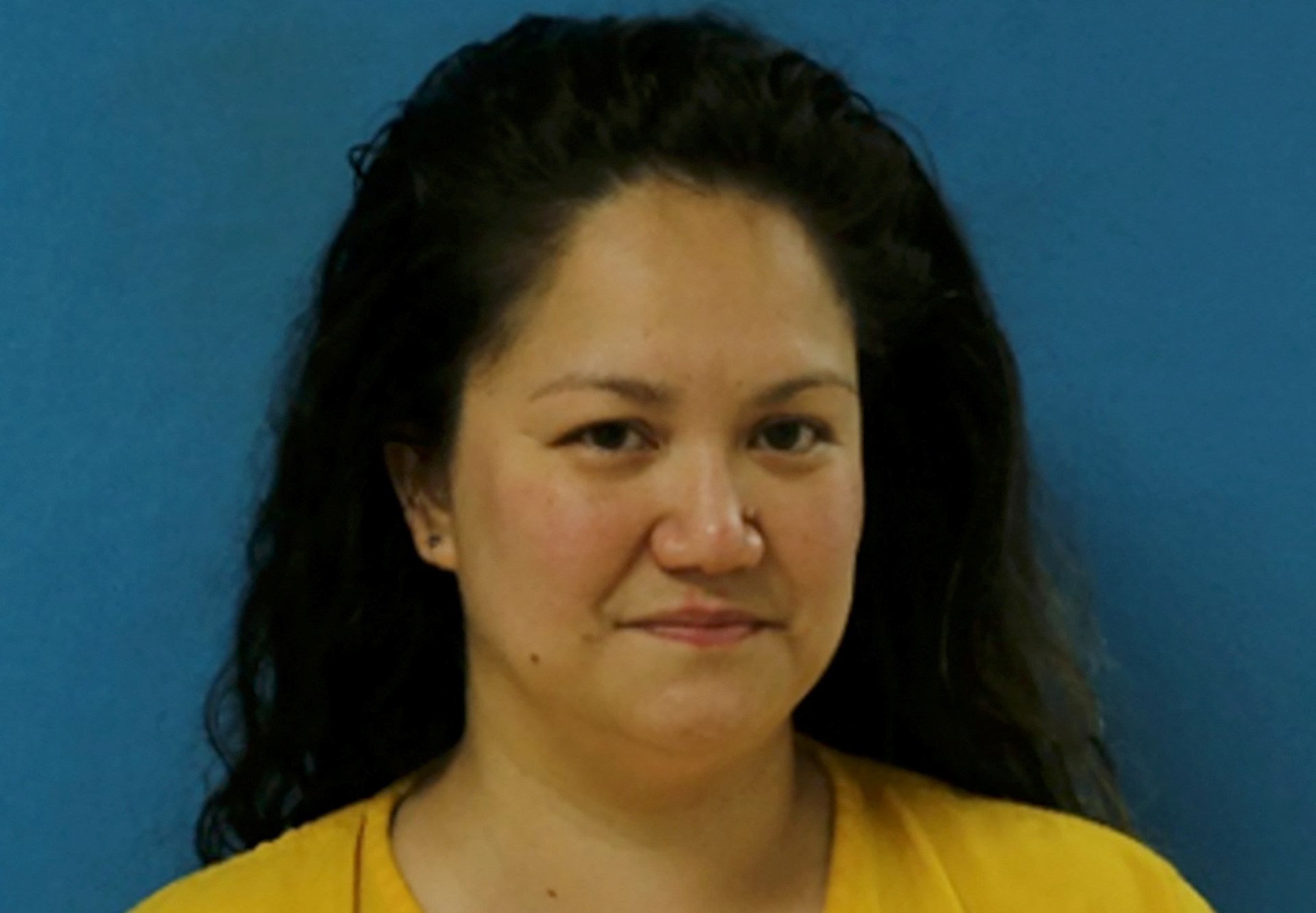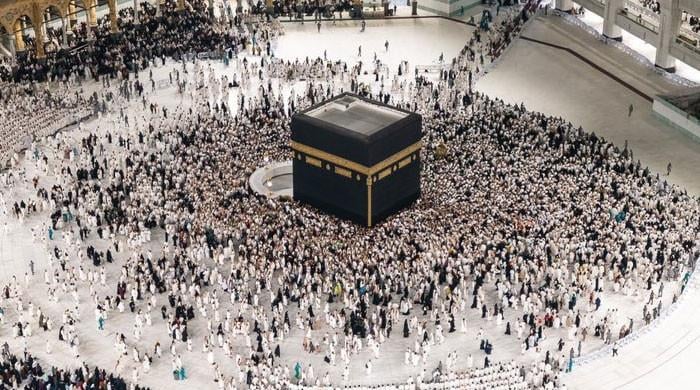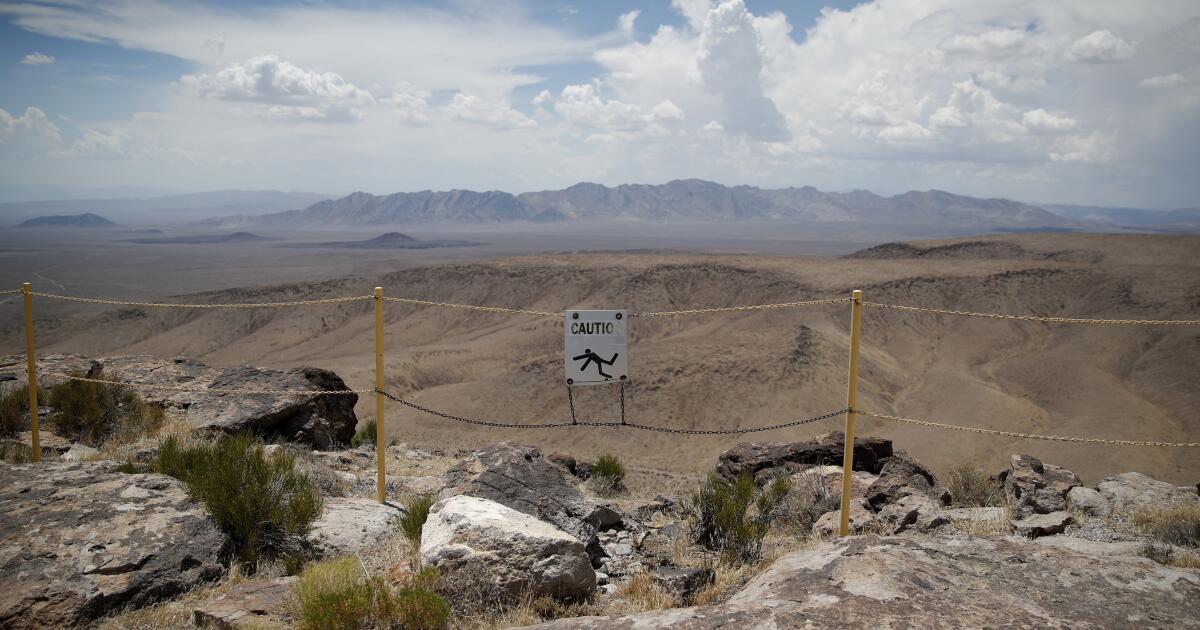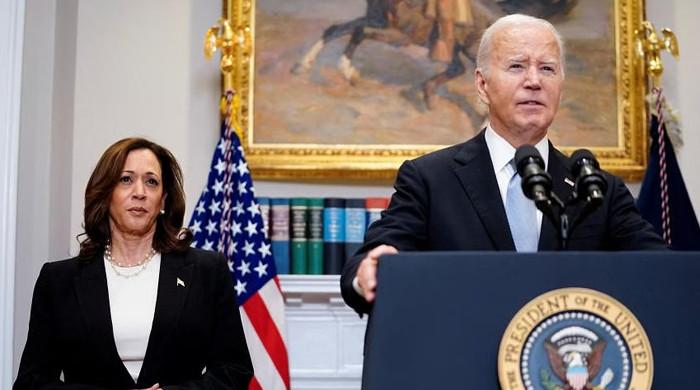kyiv has accused the Ukrainian Orthodox Church of complicity in Russia's large-scale invasion of Ukraine.
Ukraine has adopted a law to ban religious groups linked to Moscow, in a move targeting the Ukrainian Orthodox Church, which the government has accused of complicity in Russia's large-scale invasion of Ukraine.
Parliament approved the law on Tuesday by 265 votes to 29.
MP Iryna Herashchenko said it was a matter of national security.
“This is a historic vote. Parliament has passed a law banning the establishment of a branch of the aggressor country in Ukraine,” he wrote on Telegram.
Most Ukrainians are Orthodox Christians, but the faith has been divided between the Ukrainian Orthodox Church (UOC), traditionally allied with the Russian Orthodox Church in Moscow, and the independent Orthodox Church of Ukraine, recognized since 2019.
The UOC claims to have severed ties with Moscow after the February 2022 invasion, but kyiv has cast doubt on that claim and has launched dozens of criminal cases, including treason charges, against the church's clerics. At least one has been sent to Russia as part of a prisoner exchange.
President Volodymyr Zelenskyy hailed the vote as a step toward strengthening Ukraine's “spiritual independence” and is expected to sign the bill into law.
Russia condemned the measure as a “powerful blow against all Orthodoxy,” while its church, whose patriarch has characterized the invasion of Ukraine as a “holy war,” called the bill “illegal.”
Ukrainian leaders have accused the UOC of instigating Russia's 30-month war against Ukraine by spreading pro-Russian propaganda and harbouring spies.
UOC spokesman Metropolitan Klyment reiterated that the church had no ties to “foreign centres” and criticised the bill for targeting church property.
“The Ukrainian Orthodox Church will continue to live as a true church, recognized by the vast majority of practicing Ukrainian believers and churches around the world,” he told Hromadske TV.
Opinion polls show that around 82 percent of Ukrainians do not trust the UOC.
The process of banning the church is likely to take months because each Orthodox parish operates as an individual entity and would have nine months to decide whether it wants to leave.
After this period, cases could be brought before the courts to ban it.
In kyiv, believers prayed in front of the historic Pechersk Lavra monastery, the former seat of the IOU, which was raided by authorities in 2022.
“There is no politics here. We just come to pray for our children and our loved ones… I have never seen any KGB agents,” said Svetlana, 56, who declined to give her surname, referring to accusations of collaboration with the security services.
The rift between Ukrainian churches and those linked to Russia was sparked by Russia's annexation of Crimea in 2014 and the war between kyiv and Moscow-backed separatists in the east.
The leader of the Istanbul-based Eastern Orthodox Church in 2019 granted autocephaly (religious independence) from the Moscow Patriarchate to a breakaway wing, called the Orthodox Church of Ukraine (OCU).
At the OCU-affiliated part of the Lavra monastery, 21-year-old Igor told the AFP news agency he supported the ban.
He accused the Russian Orthodox Church of being an agent of the Kremlin that “has metastasized so much that we will fight it for decades.”

